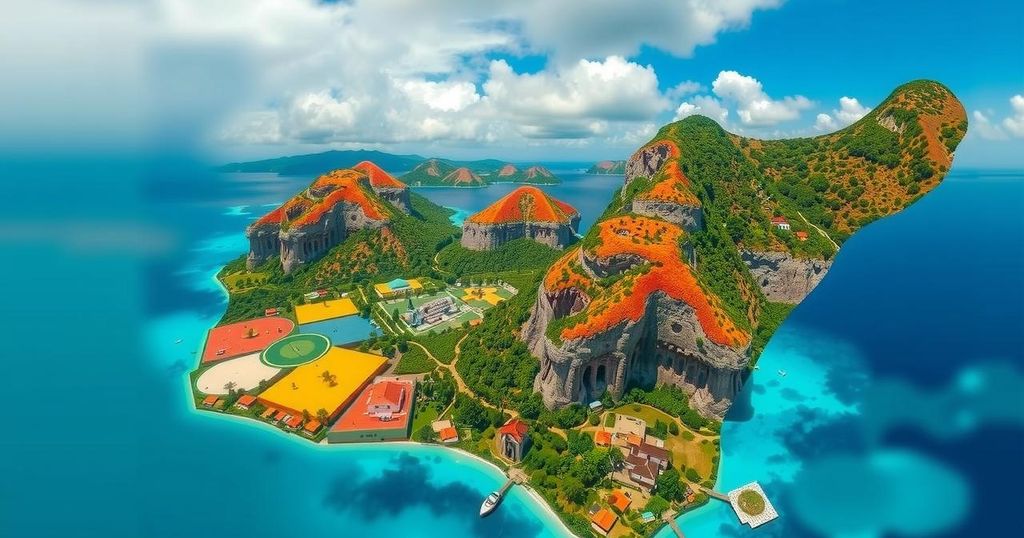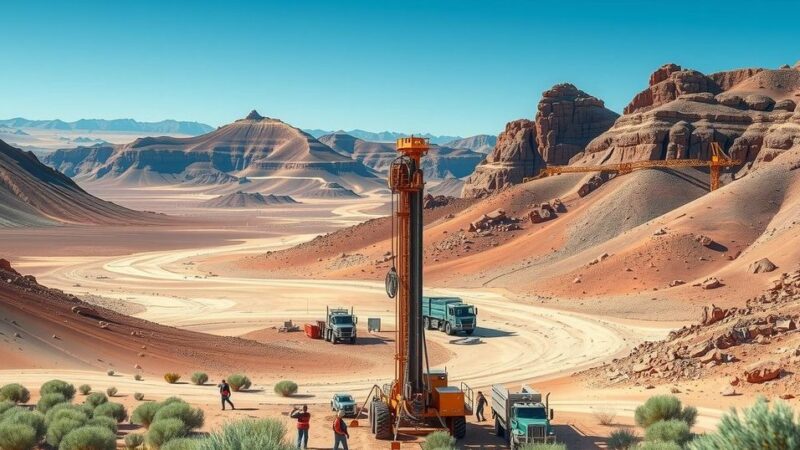Equatorial Guinea is the only Spanish-speaking nation in Africa, with a unique colonial past and a wealth reliant on oil. Despite being one of the wealthiest countries per capita due to its oil, the nation is small, with a population of approximately 1.67 million and is heavily influenced by the long-standing authoritarian ruler Teodoro Obiang Nguema Mbasogo. Its political and economic landscapes offer fascinating insights into a country navigating contemporary challenges.
Equatorial Guinea, officially known as the Republic of Equatorial Guinea, is situated on the western coast of Central Africa and stands out as the only African nation where Spanish is an official language. This distinction is rooted in its colonial history, having gained independence from Spain on October 12, 1968, making it unique on a continent primarily influenced by other European languages such as Portuguese, English, and French. Although Spanish is the sole official language, the populace also communicates using approximately 15 indigenous languages. Equatorial Guinea is notable not only for its linguistic uniqueness but also for its economic status. Once regarded as one of the wealthiest countries in Africa based on per capita GDP due to its extensive oil reserves, it has experienced economic challenges, particularly a recession in 2023, which has diminished its standing as the Seychelles has recently surpassed it in per capita GDP. Despite these figures, wealth is significantly unevenly distributed among the population, leaving many citizens without the benefits of national wealth. Land-wise, Equatorial Guinea ranks among the smallest and least populated countries in continental Africa, encompassing an area of 10,831 square miles (28,052 square kilometers). Its geographic composition includes the mainland region of Río Muni and several islands such as Bioko Island, where the capital city, Malabo, is located. As of 2024, the estimated population stands at approximately 1.67 million people. The political landscape of Equatorial Guinea has been dominated by authoritarian rule, with President Teodoro Obiang Nguema Mbasogo serving since 1979, making him the longest-serving leader in Africa. His presidency commenced after a coup against Francisco Macias Nguema, which resulted in significant turmoil, including a mass exodus and high mortality rates. Despite a slight tempering of restrictions, Mbasogo’s rule remains characterized by tight governance and limited political freedoms. The nation’s economy heavily relies on oil production, with over 90% of exports related to this sector. This dependency presents vulnerabilities, making the economy susceptible to fluctuations in global oil prices. Therefore, while Equatorial Guinea garners attention for recent political controversies, it ultimately represents an intriguing case study of a nation with both economic potential and significant challenges.
Equatorial Guinea, the only Spanish-speaking country in Africa, has a history shaped by its colonial past with Spain, gaining independence on October 12, 1968. This country’s wealth primarily stems from its substantial oil reserves, contributing to a previously high per capita GDP ranking. However, the nation has undergone economic difficulties recently, impacting its wealth distribution. Its political situation is marked by long-standing authoritarian rule, with President Teodoro Obiang Nguema Mbasogo holding office since 1979. Due to its unique characteristics as a small, oil-dependent nation, Equatorial Guinea offers insight into the complexities of governance and economy in a post-colonial context.
In conclusion, Equatorial Guinea is a distinctive country that combines a unique linguistic heritage with significant economic potential and challenges. As the only Spanish-speaking nation in Africa, it encapsulates a rich colonial legacy while grappling with the realities of authoritarian governance and economic dependency on oil. Understanding its complexities provides valuable lessons about the interplay between language, culture, and the socio-economic factors that influence a nation’s trajectory.
Original Source: www.pulse.ng






